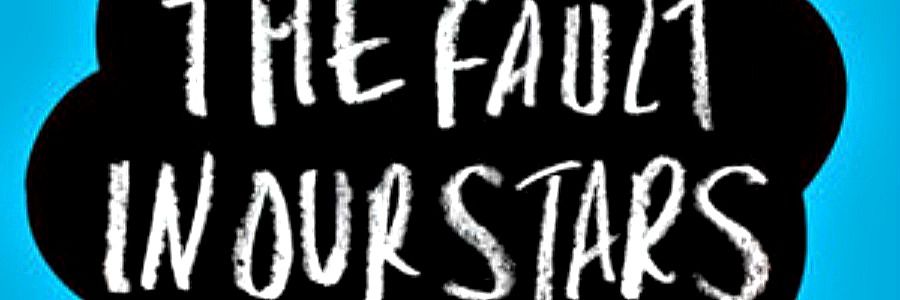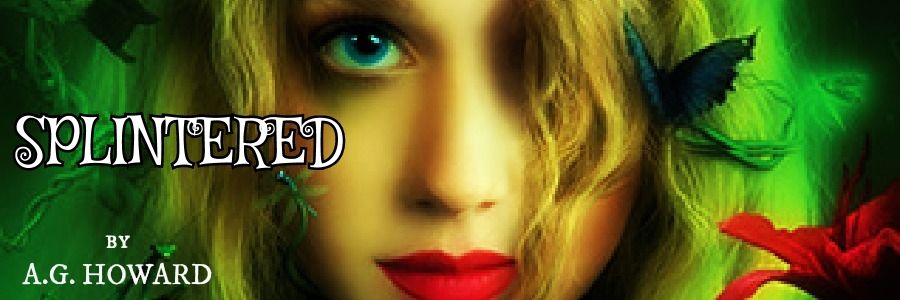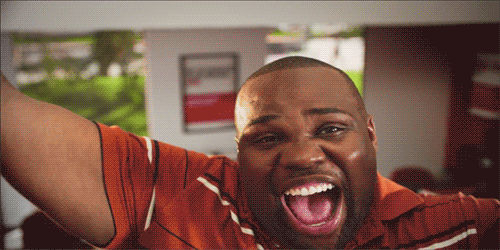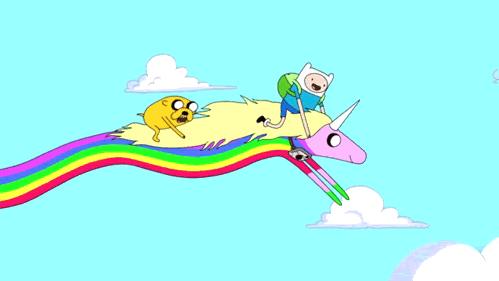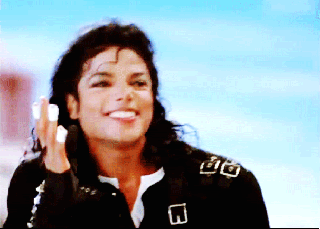
About the Author:
Shawn was born in San-Diego, California, in 1990, where he lived until he was seven.
In high school, he won several awards both as a writer for
and editor-in-chief of his student newspaper, The Talon, prompting him to study
journalism at Youngstown State University before deciding that his passion for
writing was better directed at fiction. He then spent several years in
Pittsburgh, learning American Sign Language and working with the deaf and hard
of hearing.
Shawn currently lives in Youngstown, Ohio, where he writes
novels, poetry, and short stories and explores the characteristics of different
varieties of wine. His works include The Final Days of Poetry, a poetry
collection; The Flute Player, a novella; and Brand-Changing Day, a novel.
Shawn loves to climb things, especially large things like
rocks and cliffs and mountains. He also still reads comic books.

1. The world of Drommar is certainly unique. What childhood
stories/fairy tales helped provide inspiration for the creative fantasy land?
To be honest, I'd never read a lot of fantasy when I was younger. I've
always been more of a sci-fi and literary fiction fan, but Peter Pan has
always been one of my favorite books, and it, along with C.S. Lewis's Narnia series,
certainly influenced me when I wrote The Flute Player and
created Drommar.
2. Do you see yourself writing more of this genre in future? If so, what
might you have in mind?
Maybe. I don't have any plans to write something else like this—that is
to say, of all the things I'm currently writing or have ideas for, nothing is
in this genre—but I might, someday. I think there's a lot that can be done with
fantasy that hasn't been done before.
3. Name the place you write best in and why.
Nowhere specific. I've written in basements, and I've written in coffee
shops, and I've written on balconies, and I've written on a bench beside the
Allegheny River. In fact, I like to be able to write anywhere, because I like
to write every day, if I can, and I never know where I'll be. That said, I do
write best if I'm alone and it's early in the day.
4. If you could have lunch with any novelist, (dead or alive), who would
it be? If they are deceased, kindly explain their significance in your life and
the reason for their resurrection.
David Foster Wallace. I started to take my writing seriously when I
began reading Infinite Jest, and I can measure a significant
portion of my growth as a writer, a reader, and a person by my consumption of
that novel (when I started reading it, it took me almost a year to read the
first half of Infinite Jest, and then I put it down for about nine
months and didn't touch it, and then I came back to it and read the second half
in two short weeks).
I'm currently reading Wallace's posthumous unfinished novel, The
Pale King. I've delayed reading it for a while because I knew that,
once I read it, I'd never again have the privilege of experiencing a new work
of Wallace's for the first time. I'd love to tell him that.
5. About Oliver and Alexandria's relationship, is there a future for
them? If so, how do you see things progressing?
While the ending of The Flute Player may come across as
ambiguous at first, I think a quick reread (and, if necessary, search about the
history of Nantes, France) will show that there decidedly isn't a future for
their relationship, although I'm sure Alexandria's influence will show up in
Oliver's music for the entirety of his career as the flute player.
6. If a traveling peasant were looking to take up work or residence in
Drommar, how might you suggest he go about the task? Would having connections
to the renown Flute Player of the village make his case more
favourable?
If a traveling peasant managed to find his way into Drommar in the first
place, I think the residents of the village would be far too concerned with
where he came from to worry about giving him work. Of course, they probably
wouldn't be able to see him, so the flute player might be the only hope of
connection he would have.
7. Would you be friends with Oliver? In what ways are the two of
you alike, or different?
I would definitely be friends with Oliver. I'm not much like Oliver
anymore, but he's probably a pretty close representation of the me that I was
five or six years ago when I was his age.
8. What other profession might Oliver assume if he weren't the Flute
Player of the village? Following his meeting with Alexandria, do you see him
taking on his role better?
He'll definitely take on the role of the flute player better than he did
before meeting Alexandria; in fact, I think he's fully embraces it now because
of her. If he weren't the flute player, I'm not sure what he'd be. It's an
excellent question, though, and I'd love for the readers to think about it.
9. What changes does Oliver undergo throughout the story, and is he a
different person at the end? How so?
This is interesting. Oliver wants to be a different person when the
story starts. He wants a different life and more freedom and a different role.
But by the end of the story, he's still has that role. The difference is that
now Oliver has embraced what he didn't want at the beginning; he's recognized
its importance and taken ownership of that, of himself.
10. What do you hope readers take away from The Flute Player?
That life is good. That we can be the person we want to be and that what
others want us to be doesn't matter.
Find Shawn: Facebook / Twitter / Google+
Shawn Mihalik is an inspiring author with a unique prose and voice. Find my review of the book here and for your chance to WIN an Ebook of his novella, see the Rafflecopter below! The Giveaway is International and open to anyone with an eReader. At the end of the giveaway, one winner will be chosen. Have fun and enter responsibly!
XX
a Rafflecopter giveaway



